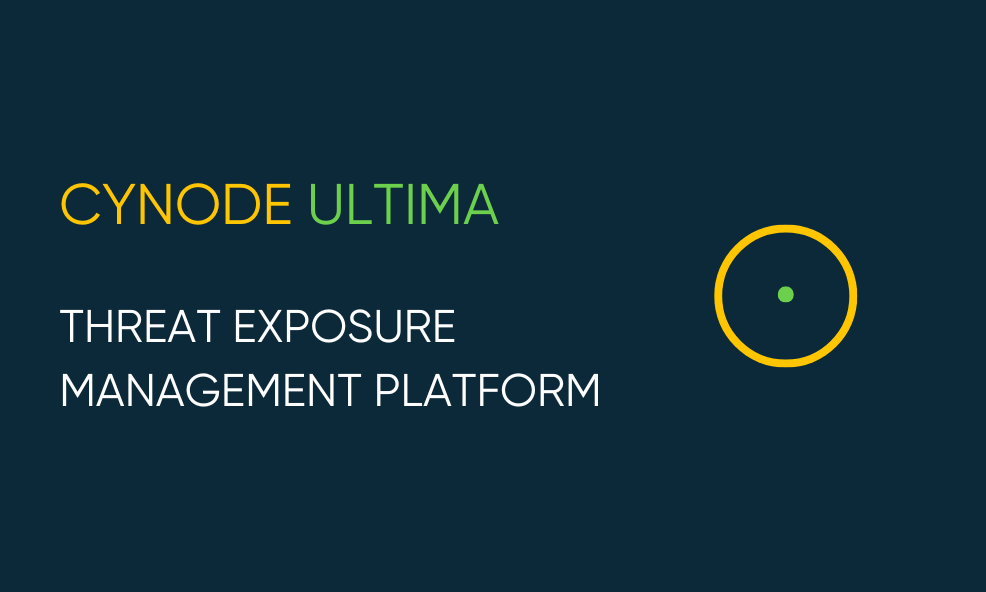RESOURCES

Businesses are finding it increasingly difficult to efficiently manage their cyber security requirements, especially those with limited security resource. Managed Security Service Providers (MSSPs) might just be the most efficient answer. These third-party entities offer a comprehensive suite of cyber security services, either in-house or remotely, often utilising cloud services for cost efficiencies. MSSPs handle everything from setting up security infrastructure to incident response, with some specialising in niche areas, while others provide a full outsourcing solution for an enterprise's information security program.
The Cost-Effectiveness of MSSPs
One of the primary benefits of partnering with an MSSP like Cynode is their unique expertise and immediate access to additional trained staff. By leveraging MSSPs, enterprises can ensure their IT infrastructure remains updated with the latest security patches, audits, and maintenance. This allows the hiring organisation to focus on security governance rather than getting bogged down with administrative tasks. Outsourcing some or all security tasks can lead to significant cost savings, instead of maintaining a full-time, on-site IT security department, businesses can rely on the specialised services of an MSSP. This not only reduces overhead costs but also ensures faster deployment times and improved return on security investments.
Threat Centric Approach to Assessments and Auditing: MSSPs like Cynode provide a focused approach to evaluate potential vulnerabilities, ensuring that businesses are always one step ahead of cyber threats. Vulnerabilities have been used as a barometer for an organisation's security, "less vulnerabilities= more secure". Vulnerability management (VM) is a well known field and provides customers with view of their security estate and an action plan. But it hasn’t really solved the “security” problem. Focusing on “patching” helps, but automated threat reduction is a much more efficient and powerful tool in the modern MSSPs arsenal. Assessing customer network and endpoint technologies using, real-world threats proves if existing policies and configurations are working as expected and in addition these assessments should trigger alerts in the SOC, proving that the SIEM is configured correctly, and the right logs are being received. Using this automated methodology can answer two very fundamental security questions:
- Can I block it?
- Did I receive an alert?
There are very few technologies or products in the cyber security field that provides specific answers to these two questions or offer such a conclusive set of results. @Cynode provides specific services to address some of the most common and complex cyber security issues.
Threat Centric Approach to EDR Policy Validation: To elaborate on this threat centric approach a little further, it is vital to assess the technologies actually deployed to protect the endpoints. By validating Endpoint Detection and Response (EDR) policies, using real-world techniques and tactics service providers ensure that real threats are detected and responded to in real-time.
SIEM Efficiency Validation: Security Information and Event Management (SIEM) solutions are crucial for real-time analysis of security events. Service providers can help validate the efficiency of these fundamental security systems, ensuring they function optimally and provide the value that they were designed and deployed for. Alternatively, a service provider like Cynode can take on security event management in its entirety and offer a comprehensive Managed Detection and Response (MDR)service.
Ransomware Assessment: Service providers like Cynode can evaluate an organisation's vulnerability to ransomware attacks, providing recommendations to bolster defences.
Malware Email Security Controls: With email being a common attack vector, Cynode offers solutions to detect and prevent malicious emails from compromising systems.
Phishing Awareness: Cynode can provide training and tools to increase awareness about phishing attacks, ensuring employees can recognise and avoid potential threats.
Lateral Movement Assessment: This service identifies how threats move within a network, helping businesses understand potential vulnerabilities.
Cyber Attack Surface Assessment: Cynode can evaluate all potential entry points for cyber attacks, ensuring comprehensive protection.
VISHING Assessment: Voice phishing or "vishing" is an emerging threat. Cynode can assess vulnerabilities in this area, providing strategies to counter such attacks.
Real-Life Success Stories of SMEs Partnering with MSSPs
While the theoretical benefits of working with a service provider like Cynode are self evident, real-life success stories further underscore their value. Many organisations have witnessed a transformative change in their security posture after partnering with an MSSP. For instance, businesses that previously suffered frequent security incidents have seen a drastic reduction in those incidents after outsourcing their security needs. Others have reported improved efficiency, with security processes streamlined and automated, leading to faster response times and reduced downtime. The proactive approach of service providers like Cynode , combined with their global operations and focus on early threat detection, gives organisations consuming their services a distinct advantage.
As cyber threats continue to grow in complexity and sophistication, organisations must prioritise IT security. While in-house solutions may offer many benefits, the expertise, cost-effectiveness, and comprehensive suite of services provided by MSSPs make them an invaluable ally in the fight against cyber threats.
Why not schedule a call with one of our cyber advisors to discuss how we can help enhance your organisation’s cyber maturity. Or book a free trial of one of the many Cynode services.
Sources:
- Digital Guardian - What are Managed Security Services?
- Rapid7 - What is a Managed Security Service Provider (MSSP)?
- Check Point Software Technologies - MSSP
- TechTarget - What is Managed Security Service Provider (MSSP)?


















